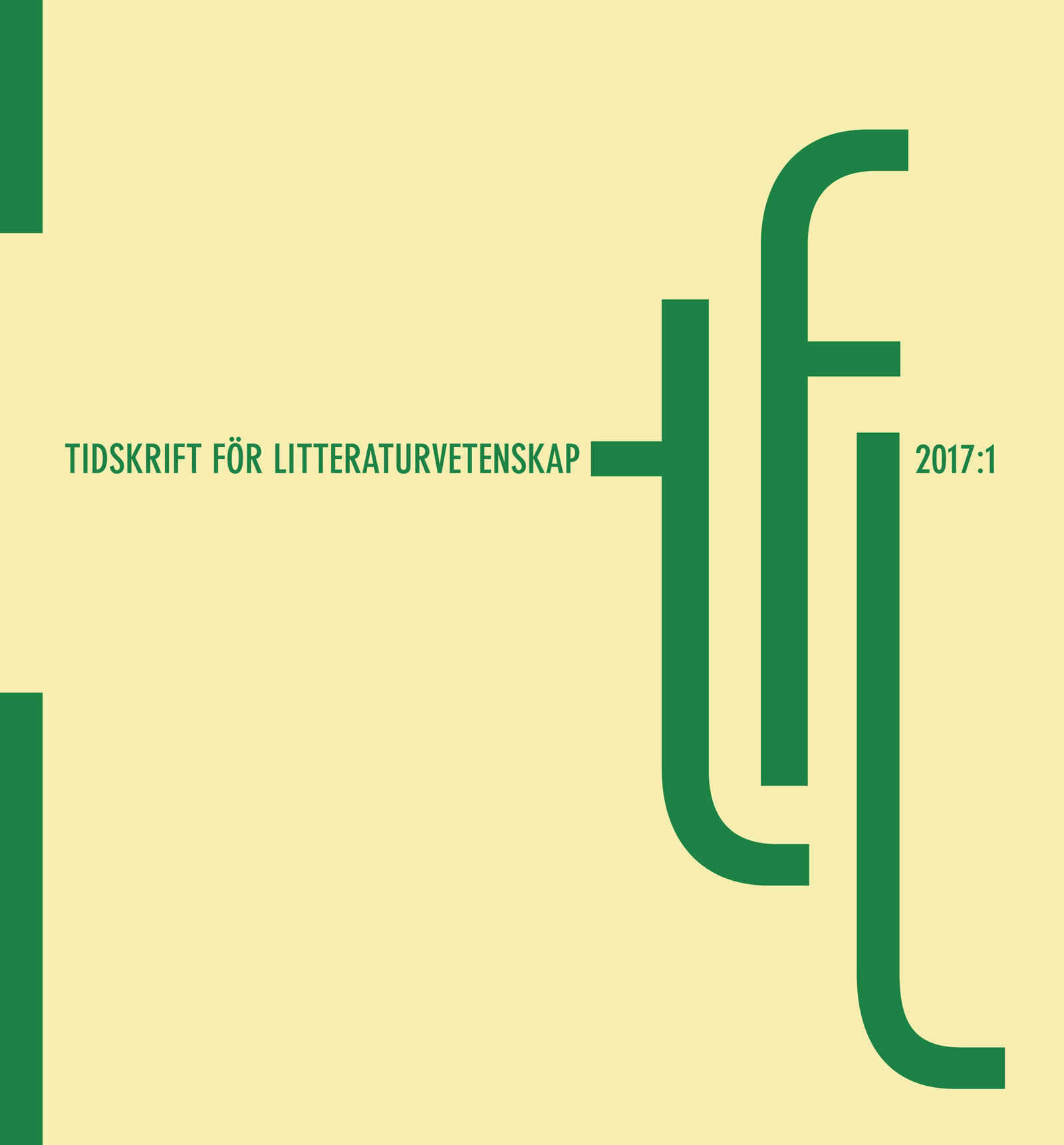Berättare i trikåer
Den tematiska vändningen i svensk rollspelshistoria
DOI:
https://doi.org/10.54797/tfl.v47i1.8431Nyckelord:
role-playing games, superhero fiction, theme and motif, comic books, popular cultureAbstract
Narrators in Tights. The Thematic Turn in Swedish Tabletop Role-Playing Games
The concept of theme in tabletop role-playing games is examined from the joint perspectives of comparative literature and game studies, focusing mainly on the independent tabletop role-playing game Supercrew by Tobias Radesäter, published in 2006. The article starts with a theoretical separation of motif and theme, where the latter represents a question, problem or issue that generates narrative by use of elements from common motifs. Against the background of Swedish and international games published 1974–2006, it is argued that Supercrew represents a turning point in Swedish role-playing game history. Earlier mainstream role-playing games generate theme mainly through settings and scenarios, whereas later games to a larger extent also gene rate theme through the game rules.
Supercrew is described as a unique example of a meta- and paragame in the superhero genre, presented entirely in the form of a comic book. It is shown how the game is influenced by American indie role-playing game design from The Forge, notably by
refe rencing the term ”narrativism”, by the introduction of conflict resolution, and by the distribution of traditional game master power. However, Supercrew does not adopt the crucial concepts of premise and theme, adapted by Ron Edwards from the theory of Lajos Egri. Instead, it regulates the relationship between real world, game world, and traditional (fantasy) game world so that it becomes the theme of the game. Referencing Gary Alan Fine’s use of frame analysis and awareness context, it is demonstrated how this is achieved by a subversion of pretense–open awareness, and by collapsing the primary, game and fantasy frames in Supercrew while keeping the traditional way of gaming as a metadiegetic reference.
The article ends by remarking that a thematic turn only implies that theme is commonly generated in a different way after the turn than it commonly was before. This does not necessarily entail that role-playing game narratives are now stronger than they once were. It is suggested that further studies could benefit from analyzing editions of the same game from before and after the turn.
Nedladdningar
Downloads
Publicerad
Referera så här
Nummer
Sektion
Licens
Författaren/författarna behåller copyright till verket






